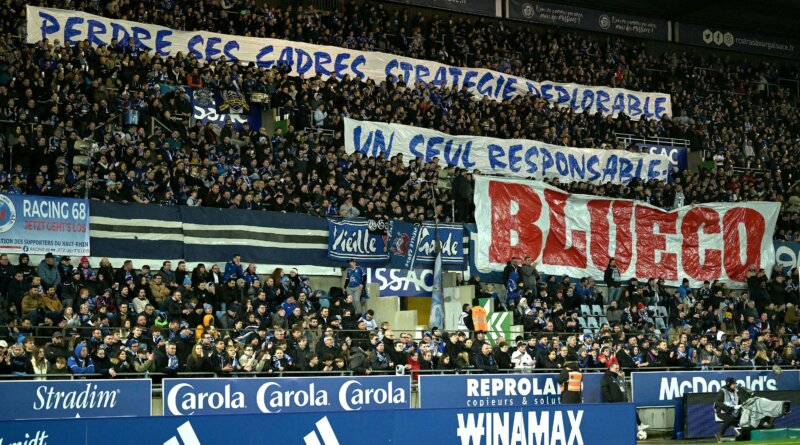Multi-Club Ownership Faces Ban in France Amidst New Legislation
Multi-club ownership is facing unprecedented scrutiny in France as a newly proposed law threatens to bar football giants like Chelsea and Manchester City from holding stakes in multiple clubs within Ligue 1. The initiative, spearheaded by French parliamentarian Eric Coquerel, is generating widespread debate across European football and could reshape the landscape of club ownership on the continent.
Multi-Club Ownership Under Fire: The Details of France’s Proposed Law
Multi-club ownership, where a single entity or individual holds significant financial or operational influence over more than one football club, has become increasingly common in recent years. Chelsea and Manchester City, for example, have established partnerships and ownership stakes in several European clubs, including interests in Ligue 1 teams.
The proposed bill in France seeks to prohibit this practice, arguing that it undermines the integrity of football competitions and threatens the principle of fair play. According to Coquerel, the law is designed to preserve “sporting risk” and ensure “equality of opportunity” for all teams in the French league. If passed, the legislation would impose severe penalties on violators, including substantial fines and bans from domestic competitions.
Why France Is Taking a Stand Against Multi-Club Ownership
Supporters of the proposed ban argue that multi-club ownership can create conflicts of interest, particularly when two clubs owned by the same group compete in the same tournament. These situations could potentially influence the outcome of critical matches, disrupt transfer dealings, and impede the natural sporting merit that underpins European football.
French lawmakers are determined to protect Ligue 1’s competitive balance and prevent a scenario where a handful of wealthy owners could dominate multiple clubs. The move aligns with growing concerns among UEFA officials about the potential for widespread manipulation of results and the dilution of the sport’s unpredictability.
Impact on Chelsea, Manchester City, and Ligue 1
If the law passes, Premier League powerhouses Chelsea and Manchester City, both of which have invested heavily in French football through satellite clubs and affiliate agreements, would be forced to divest their interests in Ligue 1 teams. This could trigger a wave of ownership changes, forcing other major investors with similar models across Europe to reconsider their strategies.
Ligue 1, which has benefited from foreign investment and multi-club models in recent years, may see a dramatic reduction in outside capital. While this could level the playing field for smaller clubs, it also raises questions about funding, player development, and the league’s international competitiveness.
Reactions from the Football Community
The proposed ban has sparked mixed reactions among club owners, league officials, and fans. Some praise the move as a bold step toward restoring competitive integrity, while others warn that it may discourage much-needed foreign investment and slow the progress of French football on the global stage.
UEFA has previously voiced concerns about multi-club ownership, but has stopped short of a continent-wide ban. France’s stance could set a precedent for other European countries to follow, potentially triggering a broader reevaluation of ownership structures in football.
What’s Next for Multi-Club Ownership in France?
The parliamentary bill is still in its early stages and will require significant debate before becoming law. Nevertheless, its introduction signals a strong desire among French lawmakers to place the interests of fair competition above those of financial conglomerates.
For more news on European football, developments in club ownership, and the latest from Ligue 1, visit for more news.
Opinion: A Necessary Step or a Step Too Far?
This legislative push by France highlights the growing tension between commercial interests and the values of fair play in football. While maintaining the integrity of competitions is paramount, a total ban on multi-club ownership could have unintended consequences for investment and talent development. Striking the right balance will be key to ensuring both the health of the league and the spirit of the sport endure.
Your global gateway to nonstop football coverage:
News Goal
Share this content:

